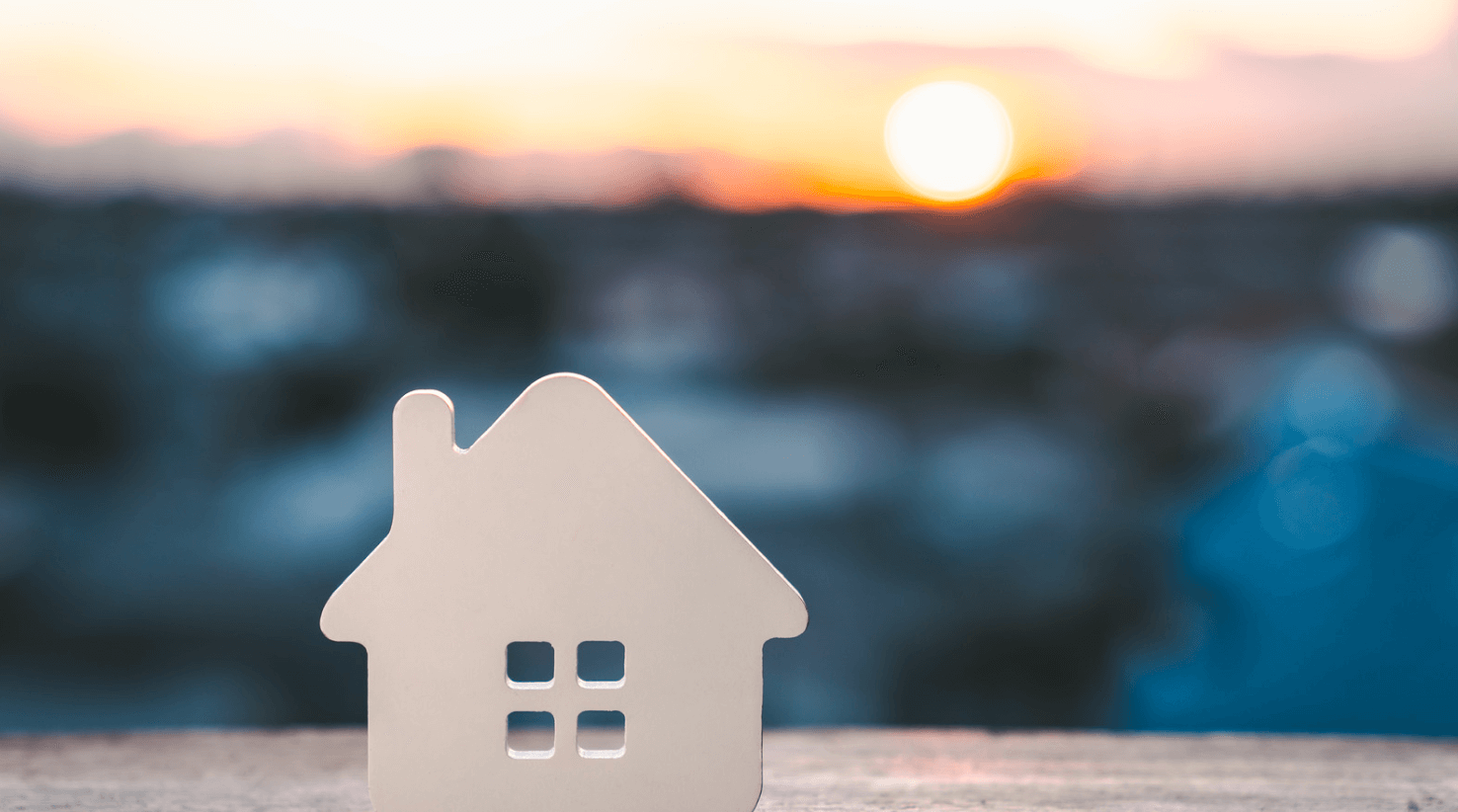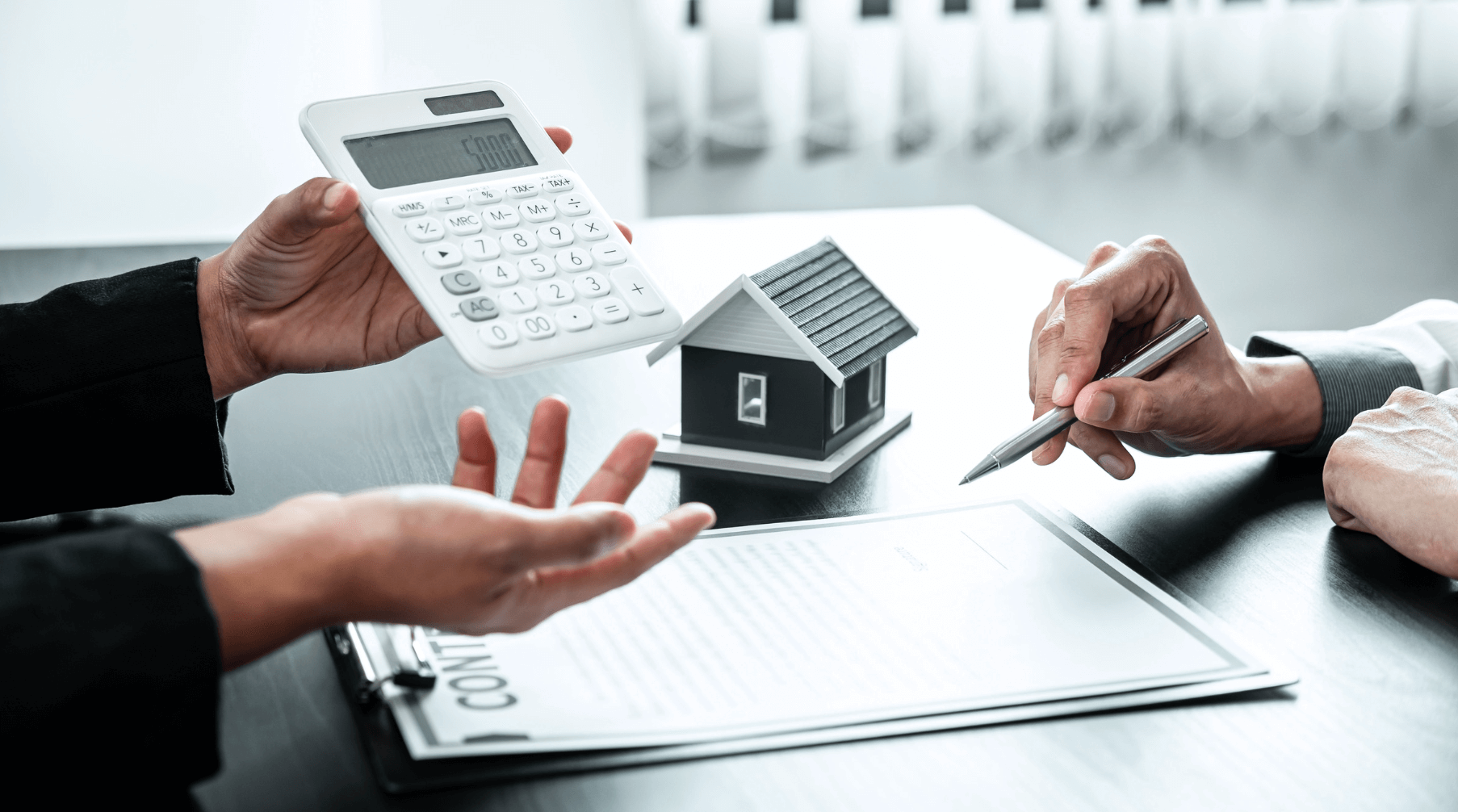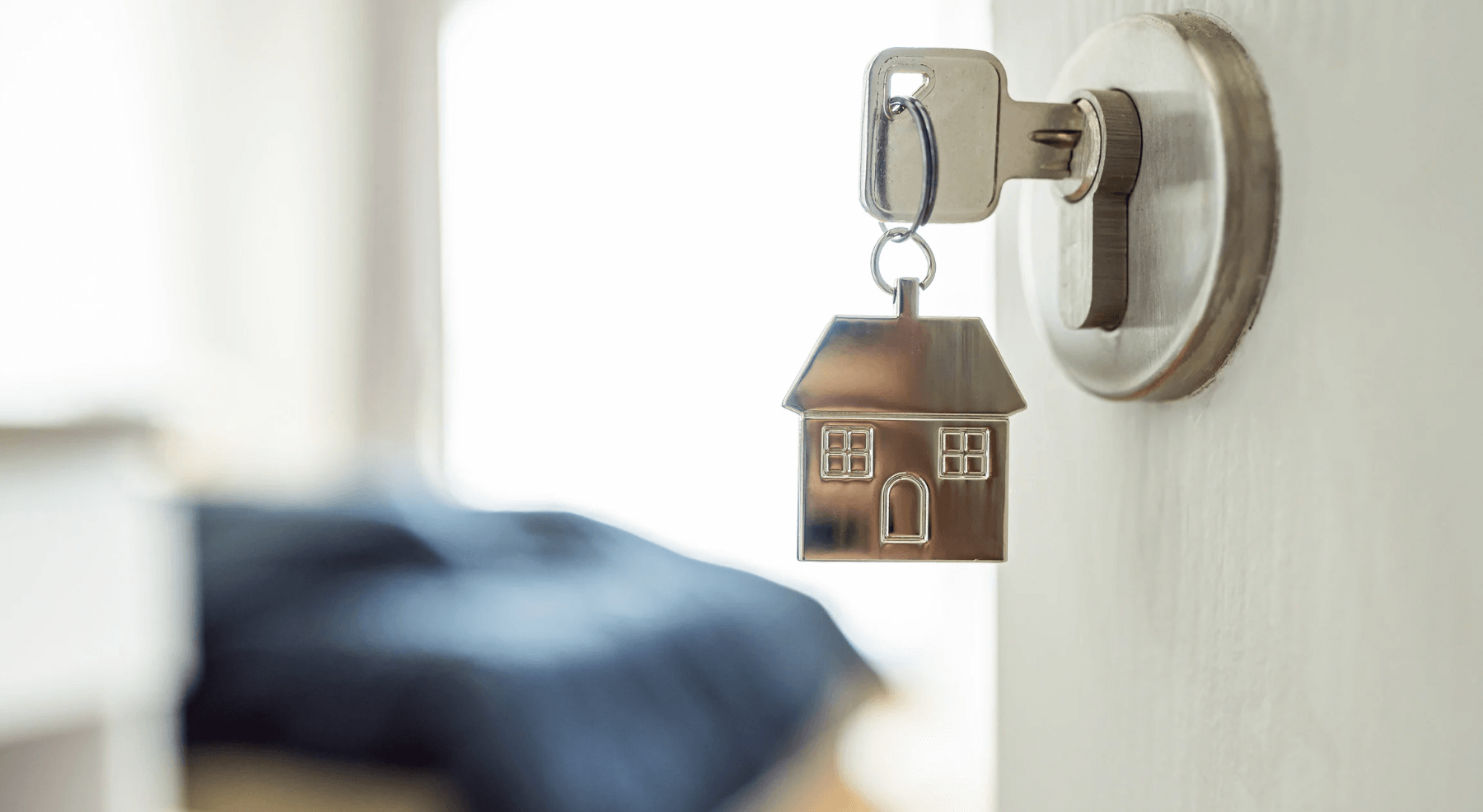Should you buy or rent a home in Australia in 2021?
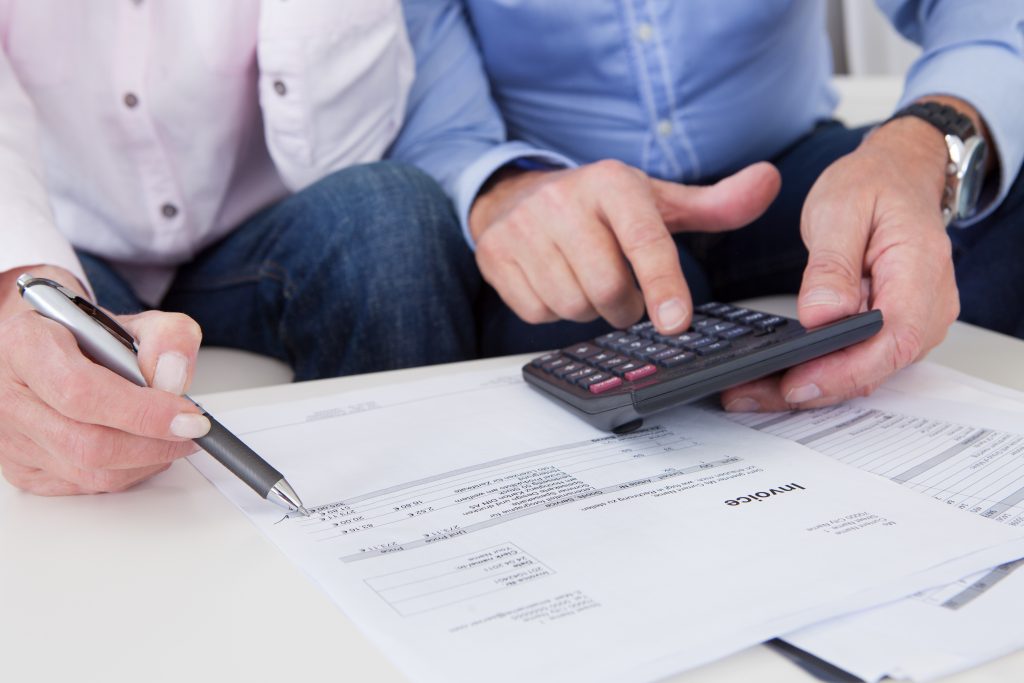
Despite the economic downturn triggered by COVID-19, housing affordability still remains a key challenge for many Australians.
On the one hand, interest rates are at a historic low and new Federal Government schemes have been introduced to support first home buyers. On the flip side, the unemployment rate has continued to rise and many Australians are grappling with economic uncertainty in the face of continued COVID-19 infections.
If you’re on the fence about whether to rent or buy your next home, don’t worry — you’re not alone. The question of whether to buy or rent has never been more debated than it is now. So, which way should you go?
As always, there are benefits and drawbacks to each option, and the right decision comes down to your personal and financial circumstances. We weigh up the pros and cons of buying vs. renting in Australia, to help you decide which option is best for you.
The pros and cons of renting a home in Australia in 2021
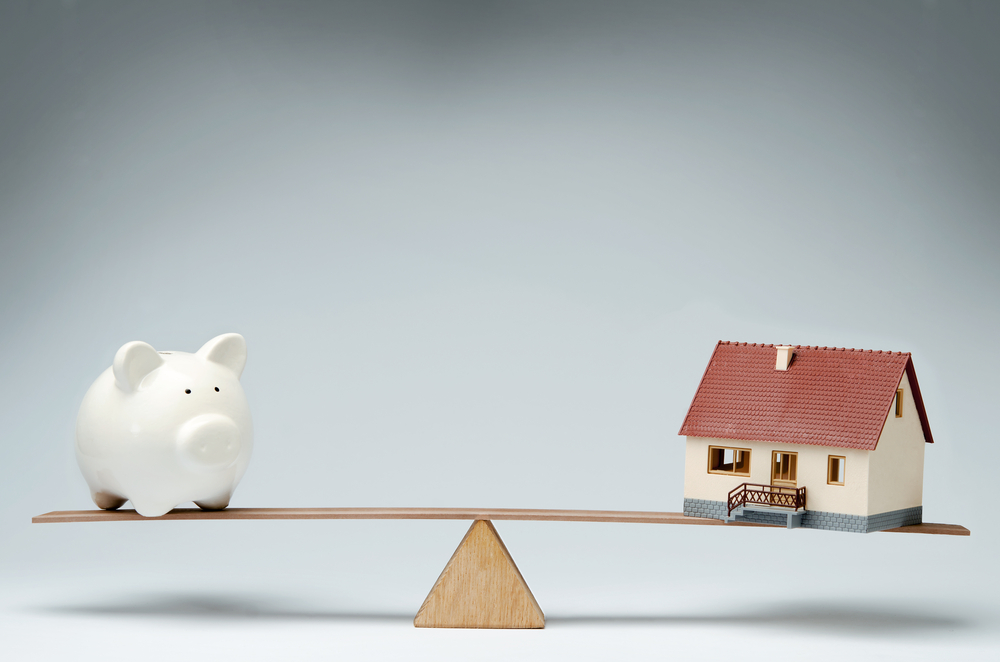
Pros of renting a home:
- More flexible living arrangements. With fewer upfront costs and shorter rental terms, it’s easy to move houses if you need to relocate for personal, career or financial reasons. This is particularly handy if you’re searching for a new job in 2021, have recently switched to remote work, or you’re a family with changing needs.
- No additional taxes or costs. As a renter, you’re free from the responsibilities of paying property taxes, maintenance costs and insurance fees. In addition, any repairs that may be needed on the property are either fully or partially covered by the landlord. This means fewer unexpected costs will spring up over time due to issues with your home.
- Access to better locations. Whether you’re living in Melbourne, Sydney or another capital city, it’s notoriously expensive to purchase a property in an inner-city or city location. If you rent, you may be able to afford to live in a better suburb than if you buy a property.
Cons of renting a home:
- Less freedom to renovate or decorate. When you rent a home, you have less flexibility to make changes to your space. Tenants typically can’t paint walls, renovate areas or hang images on walls without the landlord’s permission.
- Less security. As a tenant, you have no say in how long you can occupy a rental property. Your landlord may choose to sell their home, or they may not renew your lease once it expires. This means you may be forced to look for new housing, even if you’ve grown fond of the home you’re currently living in.
- Rental prices may increase. When you’re renting a property, you’ll typically find that your landlord will increase your rent once your lease expires — sometimes even by 10% or more. On the other hand, if you buy a house, your mortgage repayments will be more predictable, particularly if you’re on a fixed-rate loan.
- It’s never really yours. Above all else, when you’re renting a home it’s never truly yours. This comes with the benefit of increased flexibility, but you don’t have the same security that you may have with owning your own home.
The pros and cons of buying a house in Australia in 2021

Pros of buying a home:
- More financial support. In light of the COVID-19 pandemic, the Federal Government has announced new incentives for first home buyers, such as the First Home Loan Deposit Scheme (FHLDS) and FHLDS Guarantee. This enables buyers to apply for a home loan with a deposit of 5%, without the need to pay Lender’s Mortgage Insurance. Find out more here.
- Interest rates are at an all-time low. In November, the RBA cut the cash rate to a historic low. The Big 4 banks have passed on this rate for a number of their home loan products, which means you’ll be paying less interest now than you would have in previous years. Learn more about the interest rate cuts here.
- More stability. Mortgages offer greater financial predictability, as you make fairly predictable repayments across the duration of the loan (particularly if you have opted for a fixed-rate home loan). What’s more, you own the property until you sell it — it’s yours to live in for as long as you choose.
- Greater flexibility to customise or renovate. Want to paint a wall, or redo your bathroom? When you own your home, you have the freedom to truly make it your own without needing to consult a landlord.
- Growing equity over time. Australia’s housing market has consistently grown over the past decades, which means that your property will likely increase in value in the future. Because of this, homeowners can feel a sense of security knowing that they are growing equity over time.
Cons of buying a home:
- Larger upfront cost. Even with the FHLDS and New Home Guarantee, buying a property is a significant investment. A 5% deposit on a $600,000 home is still $30,000 — a sizable amount for most Australians. On top of this, it’s important to note that you’ll also need to pay conveyancing fees, renovation costs, stamp duty and more.
- Less flexibility to move. If you want to move houses, you’ll need to decide what to do with your property before relocating. You may need to sell your property before buying another, or rent it out to tenants to cover a portion of your mortgage. The costs of selling a home can also add up, as you may need to pay for legal fees, advertising fees, break costs, and more.
- Greater responsibility. When you own a property, you also take responsibility for all of the upkeep. This means you need to regularly pay for maintenance or repairs, as well as taxes (such as land tax).
Rent vs. buy: which is better?
Ultimately, the right decision between buying or renting a home boils down to your living preferences, long-term plans, and financial status.
If you’re certain about where you want to live for the foreseeable future, have saved enough for a deposit and you’re in a reasonably stable financial position, buying a home could be a viable option — particularly if you’re planning to purchase a new home. On the other hand, if your employment situation looks uncertain or if you’re not sure where you’re going to live in the future, renting may be the best option at this stage.
If you’re wondering whether to rent or buy, we’ve put together a handy calculator to help work out whether it’s a better decision to buy a home or continue renting property. By filling in the numbers, our calculator will compare your costs for buying or renting and provide the option that saves you more money.
Alternatively, you can get in touch with a member of the Rateseeker team here. Our expert brokers are on hand and ready to offer personalised guidance on the best living option for your individual circumstances.
Contact us today for an obligation-free consultation, and we’ll get back to you in 24 hours.
** General Advice Warning
The information provided on this website is general in nature only and it does not take into account your personal needs or circumstances into consideration. Before acting on any advice, you should consider whether the information is appropriate to your needs and where appropriate, seek professional advice in relation to legal, financial, taxation, mortgage or other advice.


